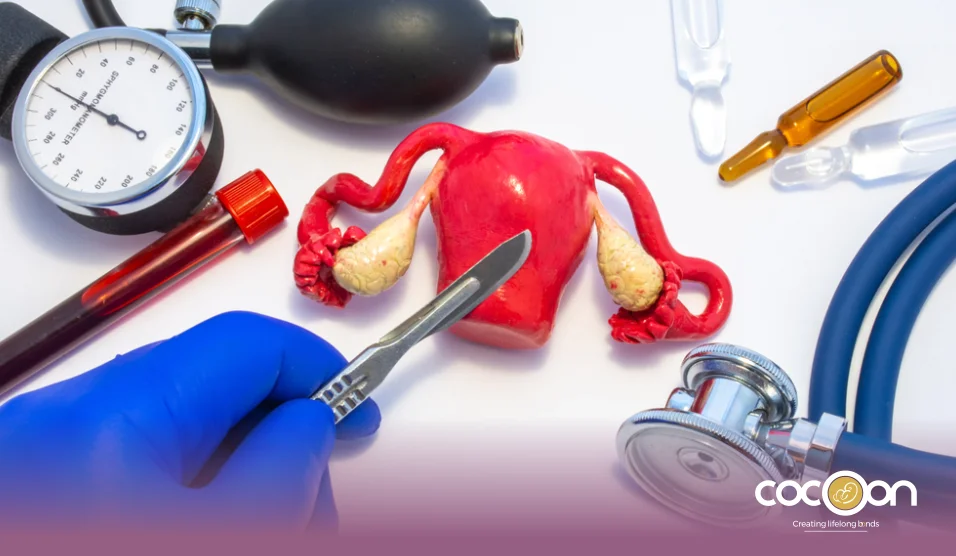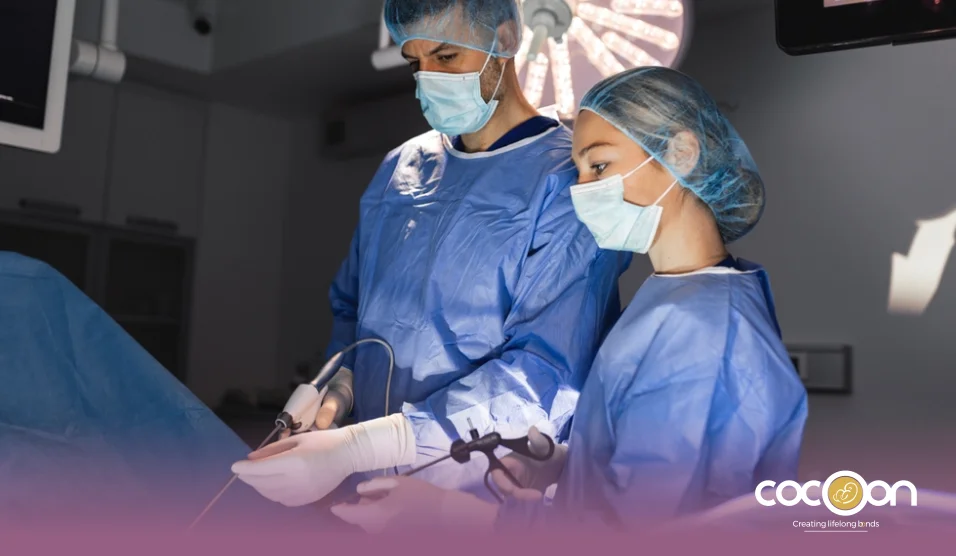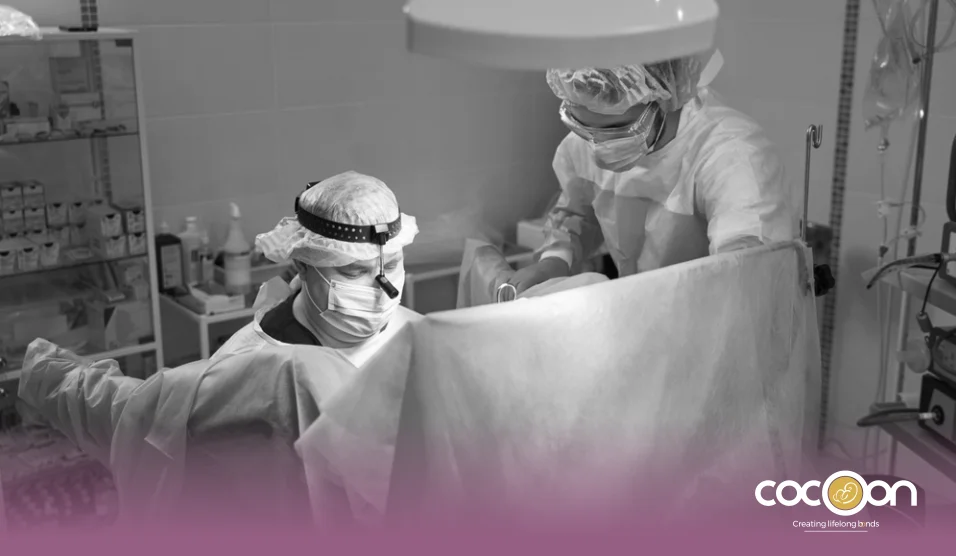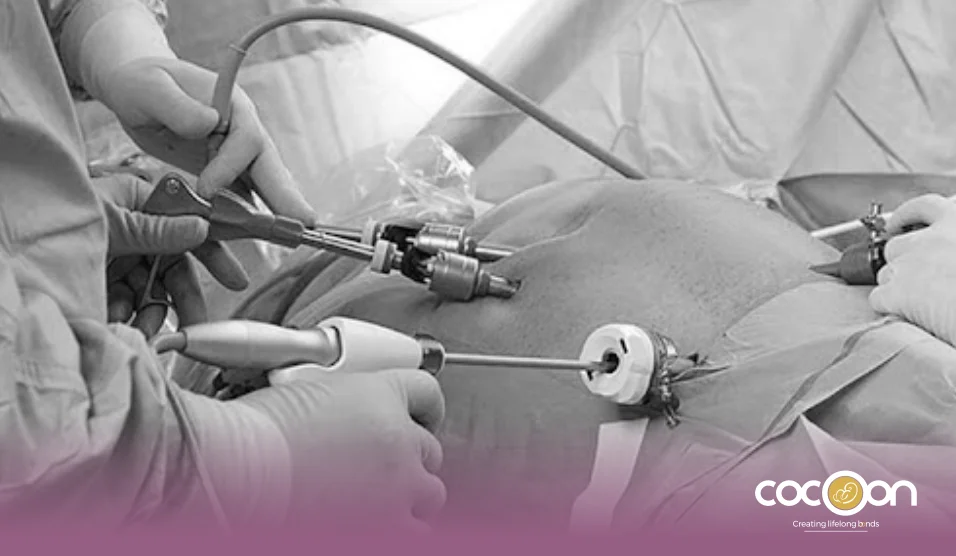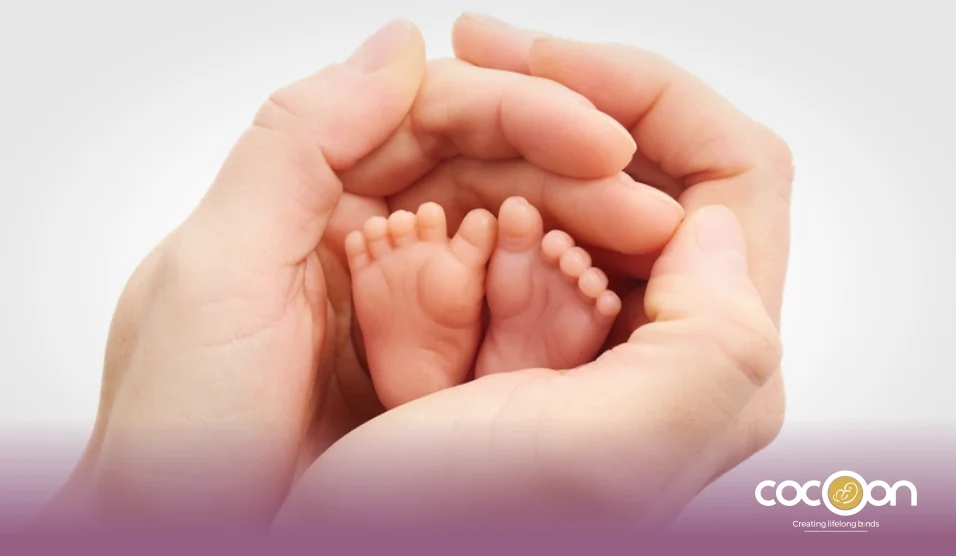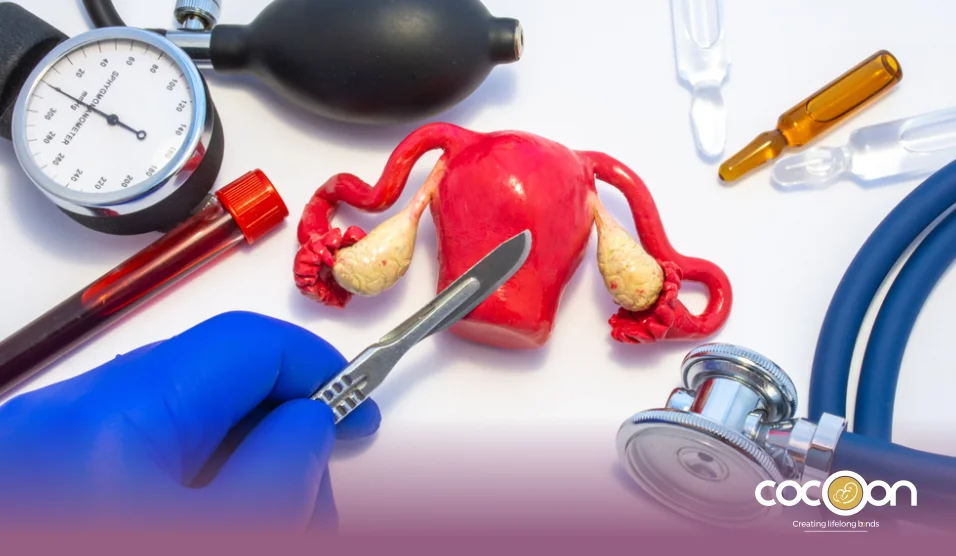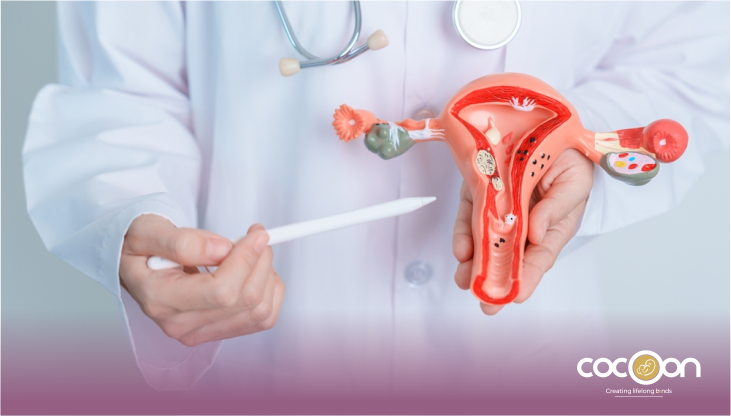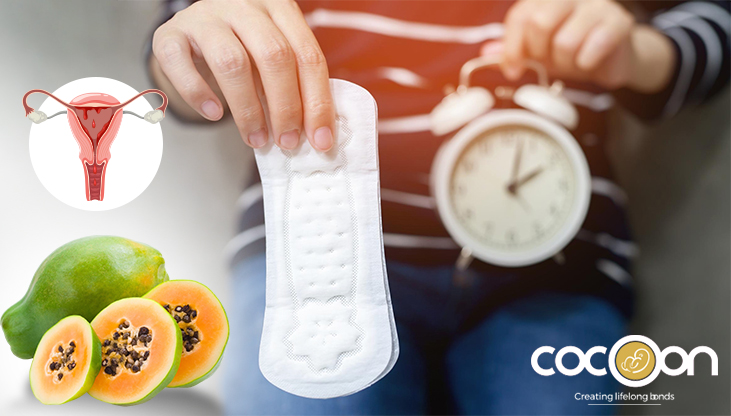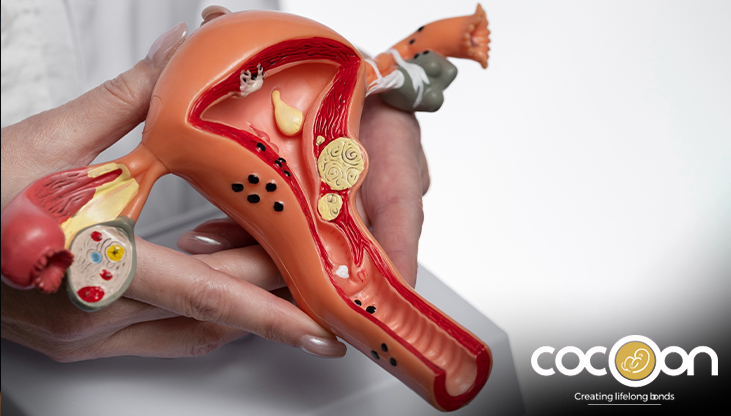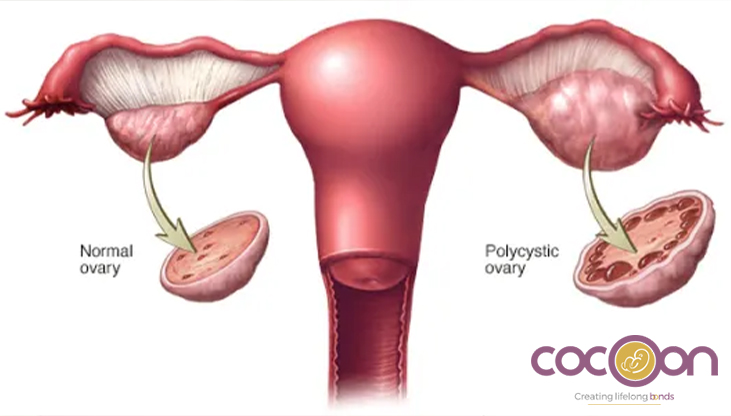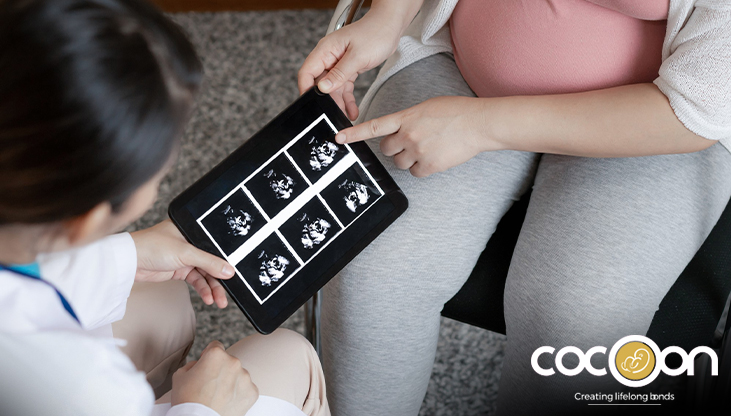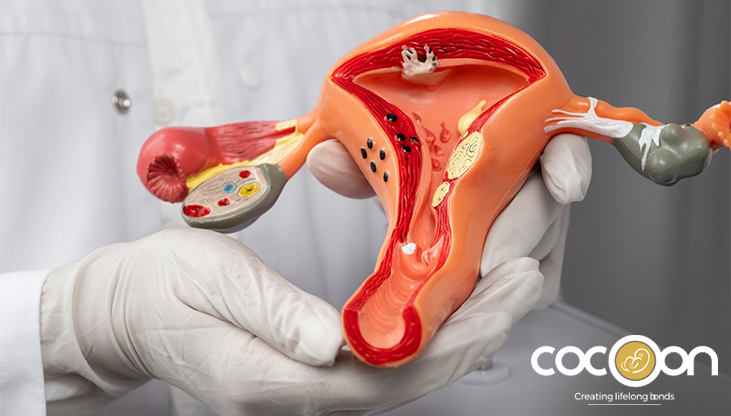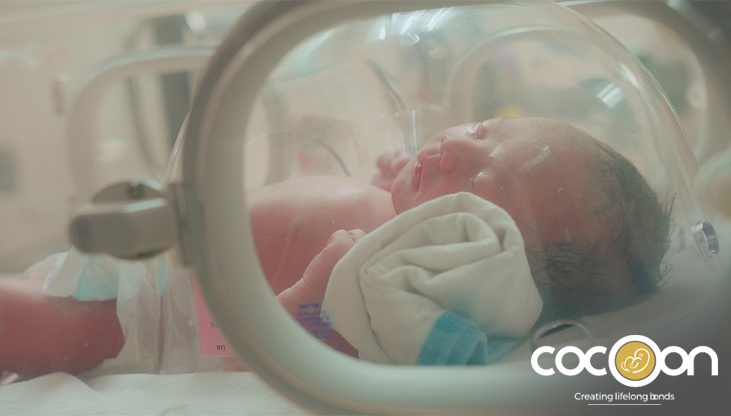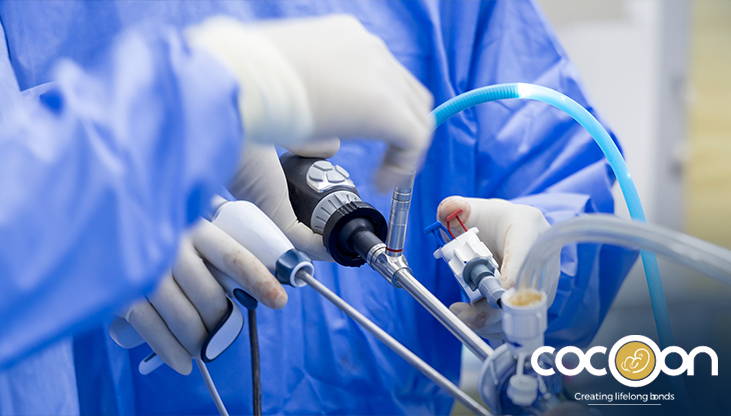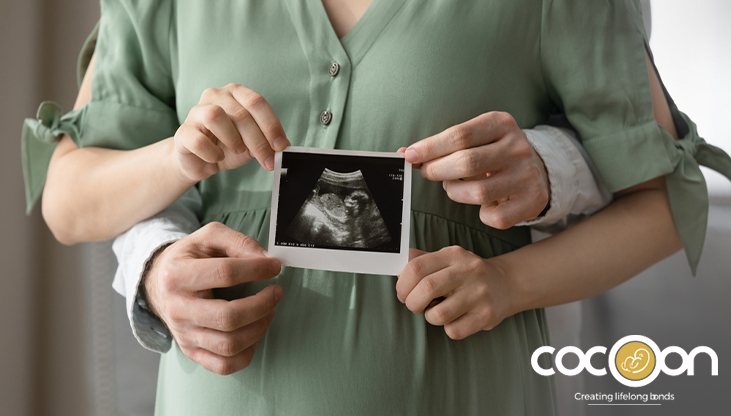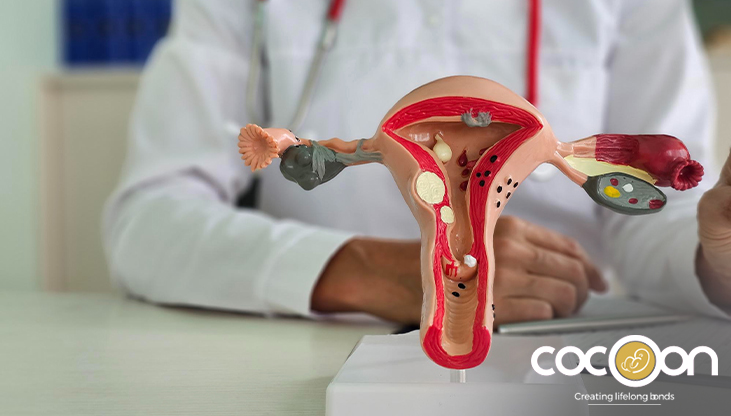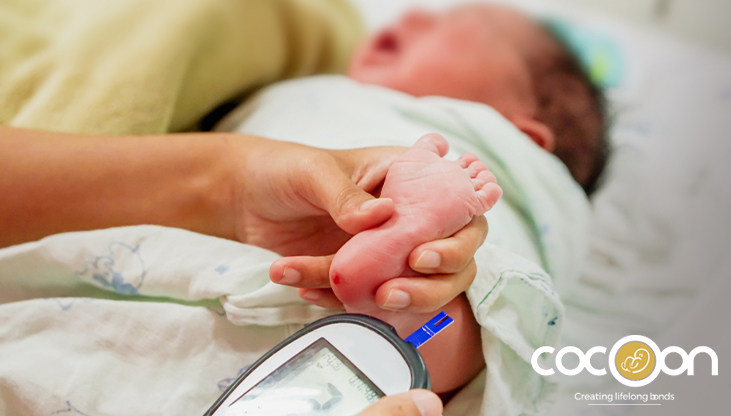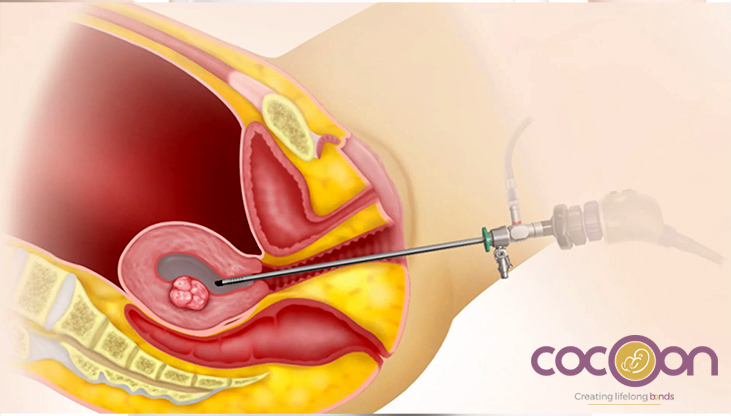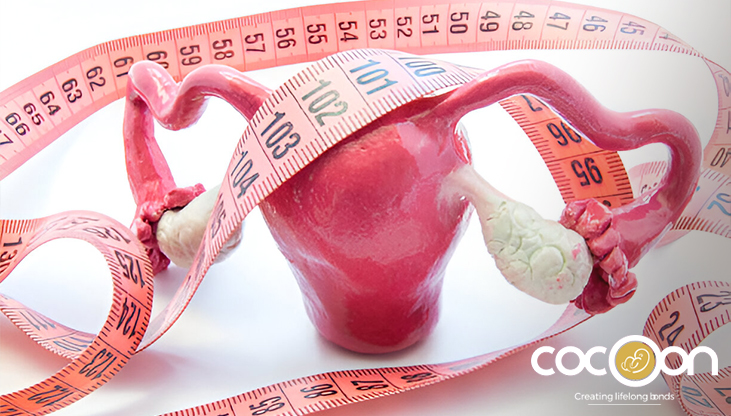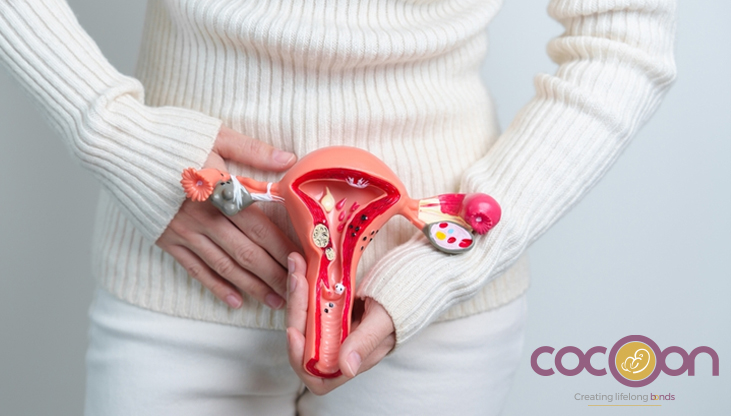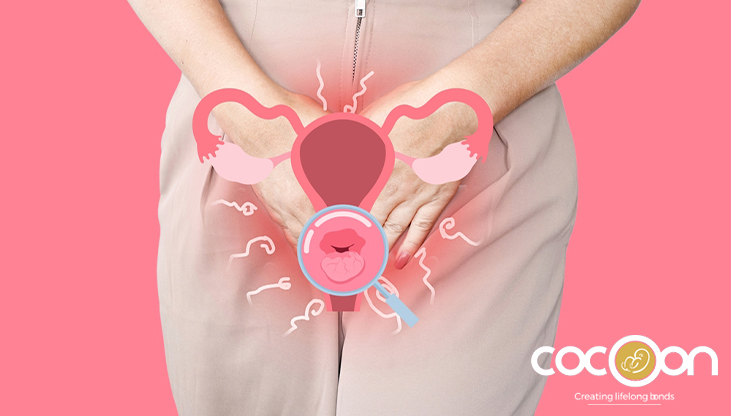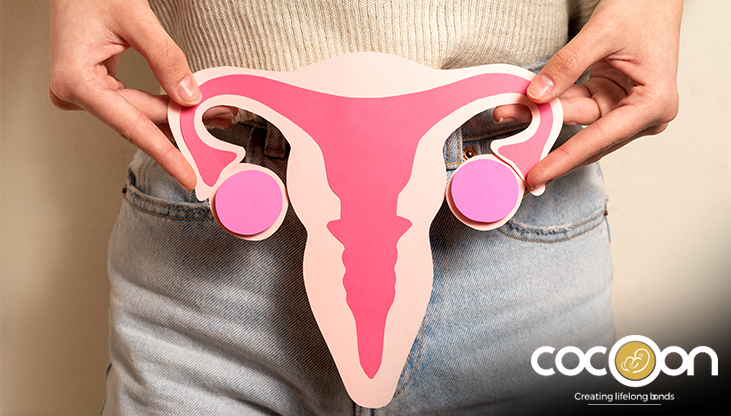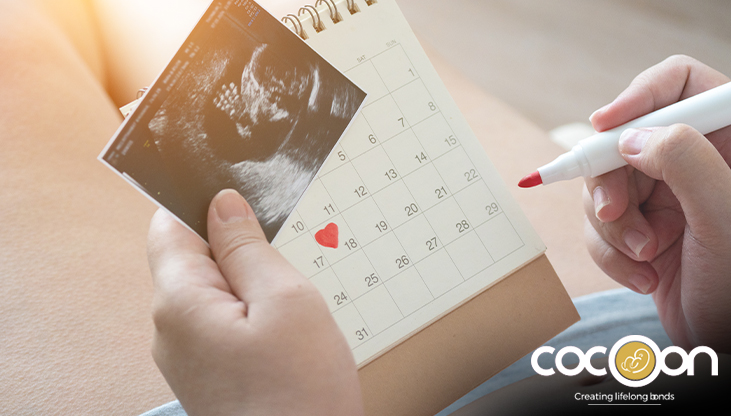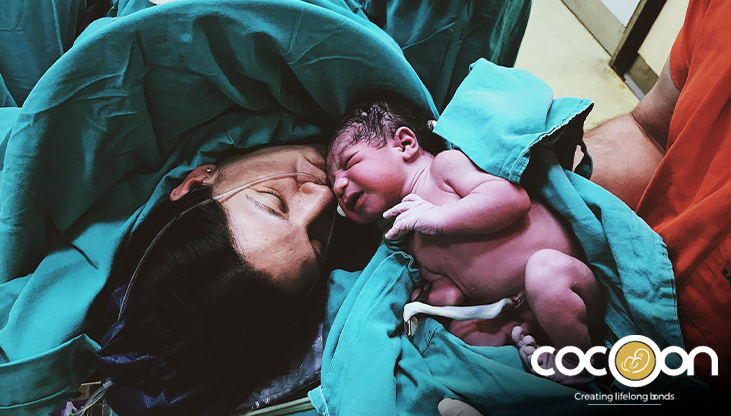Pregnancy is a time of great anticipation, but it can also bring a wave of questions and uncertainties. The right prenatal care can help you navigate this beautiful journey with confidence, ensuring a healthy and smooth experience for both you and your baby. Here are some essential tips every expecting parent should follow to ensure the best possible outcome for both of you. What is Prenatal Care, and Why is It Important?
Prenatal care refers to the medical attention and lifestyle practices undertaken during pregnancy to support the health of the mother and baby. Early and consistent care can significantly reduce complications and ensure that the baby’s growth and development stay on track. For first-time moms, understanding the significance of prenatal care helps build a strong foundation for a healthy pregnancy.
It’s important to begin prenatal care as early as possible . Ideally, your first prenatal visit should be scheduled as soon as you confirm your pregnancy. During this visit, your doctor will review your medical history, discuss any concerns you have, and provide guidance on the essential steps for a healthy pregnancy.
What Should You Eat During Pregnancy?
Nutrition plays a pivotal role in prenatal care. A balanced diet ensures that the baby receives the nutrients required for growth and development. Incorporating foods rich in folic acid, calcium, protein, and iron is essential. Leafy greens, fortified cereals, and supplements provide adequate folic acid, which helps prevent neural tube defects. Calcium and Vitamin D, found in dairy products, fortified plant-based milk, and almonds, are vital for strong bones and teeth.
Protein-rich foods like eggs, fish (low in mercury), and tofu aid in the baby’s tissue development, while omega-3 fatty acids found in walnuts and fatty fish support brain growth. Iron from sources such as lentils, spinach, and lean meats prevents anemia and supports the baby’s oxygen supply.
It’s equally important to avoid certain foods. Unpasteurized dairy products, raw seafood, and processed meats can pose risks to the baby. Ensure all your meals are hygienically prepared and consumed fresh.
How Does Hydration Impact Pregnancy?
Staying hydrated is a simple yet powerful aspect of prenatal care. Proper hydration maintains amniotic fluid levels, supports increased blood volume, and prevents common issues like constipation. If plain water feels boring , you can include options like coconut water, fresh fruit juices, or herbal teas. These drinks not only keep you hydrated but also add essential nutrients to your daily intake.
What Lifestyle Changes Are Necessary During Pregnancy?
Making the right lifestyle choices during pregnancy is important for both mother’s and baby’s health. Regular exercise is a cornerstone of prenatal care. Activities like walking, swimming, and prenatal yoga improve circulation, reduce stress, and prepare the body for delivery. Prioritizing sleep is equally important, as the body undergoes immense changes to nurture the baby. Sleeping on your side improves blood flow to the baby and reduces swelling.
Stress management should also be a priority. Practices like deep breathing, meditation, and mindfulness can help maintain emotional balance. On the flip side, it’s essential to avoid smoking, alcohol, and recreational drugs, as they can severely harm the baby’s development. Limiting caffeine intake and staying away from overly strenuous activities is also recommended.
Why Are Prenatal Vitamins Essential?
Even with a nutritious/ balanced diet, prenatal vitamins play a significant role in ensuring the baby gets the necessary nutrients. Supplements like folic acid, iron, calcium, and DHA (omega-3 fatty acids) are essential during pregnancy. Folic acid prevents neural tube defects, iron supports the increased blood volume, and DHA aids in brain and eye development. It’s important to consult your doctor to determine the right prenatal vitamin regimen for you.
How to Manage Common Pregnancy Discomforts?
Pregnancy often comes with its share of physical discomforts. Morning sickness, for instance, can be managed by eating small, frequent meals and keeping snacks handy. Ginger tea or peppermint can also provide relief. For back pain, maintaining good posture and wearing comfortable shoes are effective strategies, while prenatal massages can offer additional relief.
Heartburn is another common issue and can be minimized by avoiding spicy or oily foods. Eating smaller meals throughout the day can also help. Swelling in the feet and hands can be alleviated by elevating the feet and avoiding prolonged periods of standing.
How Often Should You Visit Your Doctor?
Regular prenatal check-ups are vital for monitoring the baby’s growth and addressing any potential complications. The general schedule includes monthly visits during the first 28 weeks, bi-weekly visits from 28 to 36 weeks, and weekly visits after 36 weeks until delivery. These visits provide an opportunity for your healthcare provider to guide you through each stage of pregnancy, perform necessary tests, and ensure everything is progressing smoothly.
Why is Mental Health Crucial During Pregnancy?
Emotional well-being is as important as physical health during pregnancy. Hormonal changes and the anticipation of becoming a parent can lead to mood swings, anxiety, or even depression. Sharing your feelings with your partner or a trusted friend can alleviate emotional strain. Prenatal classes or support groups offer a platform to connect with other expecting parents and gain insights into managing pregnancy challenges. If persistent sadness or anxiety arises, seeking professional counseling can make a significant difference.
What Role Does Exercise Play During Pregnancy?
Regular physical activity during pregnancy boosts energy levels, reduces stress, and prepares the body for labor. Walking is a safe and effective way to stay active, while prenatal yoga improves flexibility and promotes relaxation. Swimming is another excellent option, as it’s low-impact and alleviates joint discomfort. Before beginning any exercise regimen, it’s essential to consult your doctor to ensure it aligns with your health needs.
How to Recognize Warning Signs During Pregnancy?
While most pregnancies progress without complications, being aware of warning signs can make a significant difference. Symptoms like severe abdominal pain, heavy bleeding, high fever, blurred vision, or decreased baby movement after the 28th week should prompt immediate medical attention. Recognizing these signs early ensures timely intervention and prevents potential risks.
Also Read: Neonatal Care Tips for New Parents: What to Expect in the NICU?
Preparing for Delivery
As your due date approaches, preparing for delivery helps reduce anxiety and ensures a smoother experience. Choosing a hospital and familiarizing yourself with its facilities is a crucial first step. Packing your hospital bag with essentials like clothes, toiletries, and baby items ensures you’re ready when labor begins. Attending prenatal classes can provide valuable insights into the birthing process and help you feel more confident about the upcoming experience.
How Can Partners Support Prenatal Care?
The journey of pregnancy is shared by both parents, and a supportive partner can make a significant difference. Partners can accompany moms to prenatal visits, assist with household chores, and encourage healthy habits like nutritious eating and regular exercise. Emotional support is equally important, as it fosters a positive environment for the mother-to-be.
Conclusion
Pregnancy is a remarkable journey that requires care, attention, and preparation. By focusing on proper prenatal care, maintaining a nutritious diet, staying active, and prioritizing mental and emotional well-being, you can ensure a healthy pregnancy for both the mother and baby. Regular medical check-ups, open communication with your healthcare provider, and the support of your partner or loved ones make this transformative phase more manageable and enjoyable.
Every pregnancy is different, so it's important to get advice that's specific to your needs. With the right care and mindset, you can confidently enjoy the journey of parenthood, ensuring your baby gets the healthiest start in life.
FAQ
Q1: When should I start prenatal care?
A: Start as soon as you confirm your pregnancy to monitor your health and the baby’s development.
Q2: How often should I visit the doctor during pregnancy?
A: You can visit your doctor once monthly in the first 28 weeks. During 28-36 weeks visit bi-weekly. After 36 weeks visit weekly.
Q3: Why is folic acid important?
A: Folic acid prevents neural tube defects and supports baby’s development.
Q4: Is it normal to feel emotional?
A: Yes, hormonal changes can cause mood swings. Seek help if feelings of sadness persist.
Q5: How can I prepare for delivery?
A: Choose a hospital, pack essentials, and attend prenatal classes.
Q6: What are warning signs to watch for?
A: Heavy bleeding, severe pain, fever, blurred vision, or reduced baby movements need immediate medical attention.
Q7: What should I pack for the hospital?
A: Pack clothes, toiletries, baby items, and important documents like ID and insurance.
Q8: Can I sleep on my back?
A: Avoid it after the first trimester; sleep on your side for better blood flow.
Q9: When will I feel the baby move?
A:Typically between 16–25 weeks of pregnancy.
Q10: How soon should I see my doctor after delivery?
A: Schedule a postpartum check-up within 6 weeks or earlier if you notice any complications.


